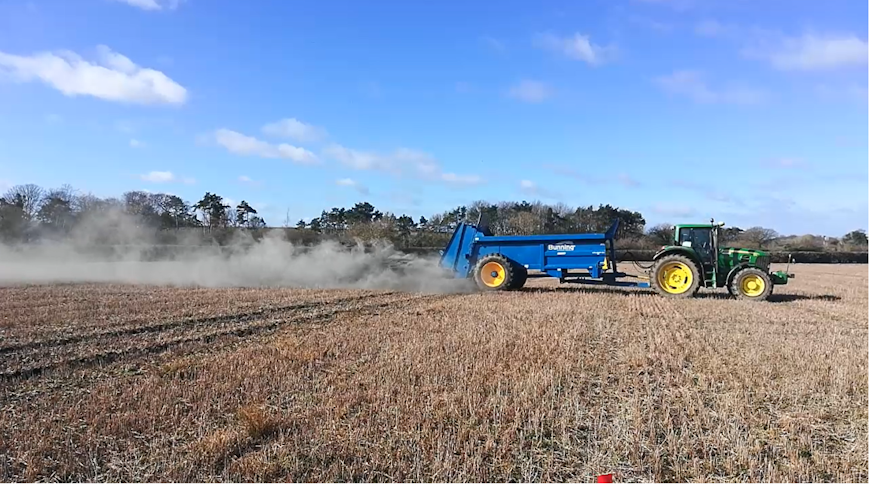‘Climate urgency’ may dampen public acceptance of carbon dioxide removal technologies
28 Gorffennaf 2020

Researchers from the Understanding Risk research group at the School of Psychology have carried out a pioneering study to gauge UK and US public acceptance on the use of carbon dioxide removal technologies to tackle climate change.
The study is in response to the suggestion that the UK must deploy novel approaches to removing C02 from the atmosphere if it is to meet its commitment of net-zero carbon emissions by 2050. Novel approaches include the use of carbon dioxide removal technology such as enhanced terrestrial weathering for which public and societal acceptance is critical.
The interdisciplinary study engaged participants from both the UK and USA in surveys and in-depth qualitative workshops. The results showed that carbon dioxide removal technologies were potentially acceptable to members of the public in both countries, but only if they were accompanied by extensive conventional climate mitigation efforts.
They also explored the impacts of the new discussion of ‘climate urgency’ – the idea expressed in many of the recent climate protests that we have very little time left to start making major changes to both our infrastructure and lifestyles.
Climate urgency was viewed by the study participants as meaning that carbon removal technologies might be developed too late to make any real impact on climate change, thereby dampening their acceptability to people.
Principal investigator for the study, Professor Nick Pidgeon of the School of Psychology said: “I have worked for almost 20 years on the difficult challenge of how to engage publics ‘upstream’ with novel and emerging environmental technologies about which they may know very little, and in order to promote more socially sensitive environmental science and policy. It is therefore very pleasing to see the methodological and intellectual foundations of that work reflected in the outcomes of this important research effort to develop novel ways of addressing climate change”.
This work forms part of the School of Psychology’s contribution to the Leverhume Centre for Climate Change Mitigation led by Sheffield University. The Centre is 4 years into a 10 year £10m programme of research exploring the feasibility and societal acceptability of enhanced terrestrial weathering. Thistechnique adds crushed rock dust to farmland to draw down additional CO2, helping to meet key global climate targets while potentially boosting agricultural production.
Emily Cox, Elspeth Spence and Nick Pidgeon conducted the study with the help of colleagues at University of Illinois Urbana-Champaign. You can view the full research findings in this Nature Climate Change article.
Rhannu’r stori hon
Rydym yn cynnig addysgu o’r radd flaenaf, i israddedigion ac ôl-raddedigion, sydd wedi’i lywio gan ein hymchwil blaenllaw ym maes seicoleg a niwrowyddoniaeth.

